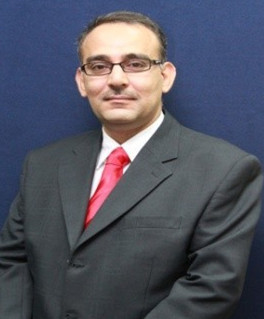Abstract—The simplest well-known method that can be used
to preliminarily estimate energy consumption of buildings is the
degree-days method that usually requires the knowledge of
either annual or monthly cooling and heating degree-days. In
this paper, annual and monthly degree-days of 4 major cities in
Thailand are investigated based on hourly temperature data in
term of “degree-hours.” Long-term hourly temperature data
for 15 years (1994-2008) are used to calculate degree-hours at
various base temperatures. The Sandia method is used to make
annual hourly temperature dataset that can represent a typical
hourly temperature year instead of using long-term average
hourly temperature. The results show that Bangkok has the
highest annual and monthly cooling degree-hours followed by
Songkla, Ubonratchathani, and Chiangmai. In all cities, the
number of cooling degree-hours is much more than one of
heating degree-hours which implies that energy consumption of
buildings is used for space cooling much more than space
heating. Regression models are also developed for determining
annual cooling and heating degree-hours at any base
temperature.
Index Terms—Cooling degree-hours, degree-days, heating
degree-hours, Thailand, typical meteorological year
Kriengkrai Assawamartbunlue is with Energy Technology Research
Group, Mechanical Engineering Department, Kasetsart University, Thailand
10900 (e-mail: fengkka@ku.ac.th)
[PDF]
Cite:Kriengkrai Assawamartbunlue, "An Investigation of Cooling and Heating Degree-Hours
in Thailand," Journal of Clean Energy Technologies vol. 1, no. 2, pp. 87-90, 2013.


